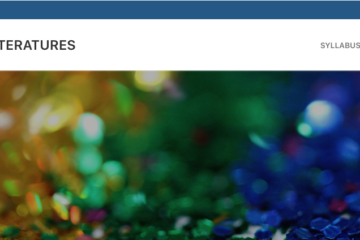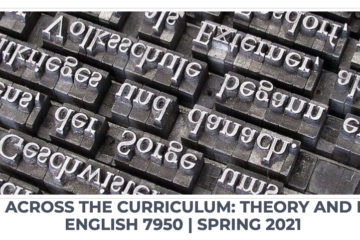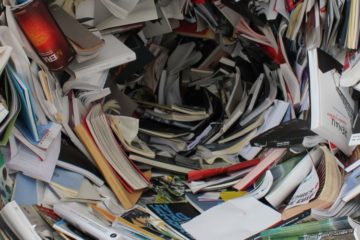No technology changes so much as writing: over the last several thousand years, we have moved from communicating exclusively through spoken word/gesture, to using user-created images to narrate stories or to catalog events/transactions, to a privileged and exclusive class of writers, to a world turned upside down by mass literacy because of first the printing press and then the Internet/World Wide Web. In all of this, however, human beings have been makers: creators, designers, artists — using images and words to make and remake themselves and the world they live in, as well as their understandings of both.
This semester, we will explore a writing-as-making approach to Composition. Inspired by the maker movement, a movement that emphasizes creation, iteration, collaboration, and empowerment, we will use the term “make” as both a verb and a noun — we will consider the texts that we compose as “makes” and the process of composing them as “making.” This approach forces us to consider the ways that texts are designed, made, shared, and remade, focusing our attention on craft, technique, and rhetorical effectiveness.
As human beings, we are tool makers, and language, in both oral and written forms, is our primary tool. As a design kit made up of symbols and grammatical patterns, language enables us to think, learn, communicate, build-relationships and make things happen in the world. Thus, writing-as-making emphasizes a design approach to writing and helps us think about the ways we use words, images, sounds, and combinations of these codes to design new futures.
What’s more, a writing-as-making approach assumes that every person can learn to write effectively when engaged in an ecology that includes high quality tools and high quality support for using those tools appropriately. Each and every one of you is an essential part of this ecology as maker-spaces are, by nature, highly participatory and collaborative. You have a unique perspective, expertise, and language history to contribute to this class experience, and I look forward to a productive semester of making, sharing, reflecting, and learning.


